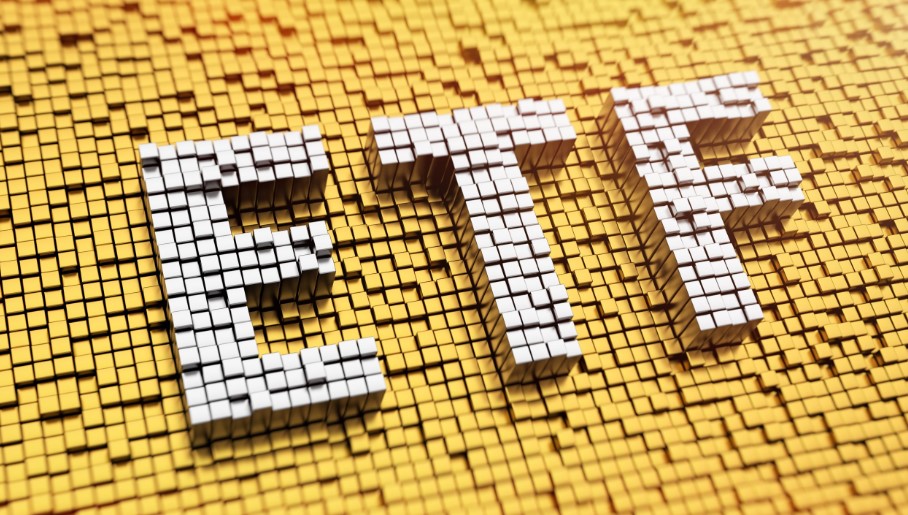In recent years, many potential investors have been considering buying gold as a potential hedge against inflation while simultaneously protecting their wealth in uncertain financial times. The increase in demand for this pricey metal has sent gold prices to their highest level recorded so far. Some trading experts have predicted that the prices for gold will continue to rise even in 2025, which is why many investors are considering adding gold to their investment portfolios.
However, the question is whether to buy physical coins and bars or invest in digital gold or gold stocks.
Read on to learn more.
Digital Gold vs. Physical Gold – The Main Differences
Understandably, you want to make a wise decision when adding gold to your investment portfolio, which is why you must compare both of your options. Let us break down the differences of the options for a better comparison.
Buying Gold: Digital vs. Physical
If you opt to purchase digital gold, you must first find a broker and open a brokerage account. Subsequently, you can buy gold stocks or gold ETFs. Some brokerages allow you to purchase gold digitally and then store the physical gold in a secure facility off-site. In other words, you will be using a company’s digital platform to buy and sell gold.
With gold trading, you can trade physical and digital gold; however, a majority of traders prefer digital gold for trading purposes. The underlying reason is that in its digital form, gold can be traded through a variety of financial means, such as options, ETFs, and futures. On the other hand, the physical form of this precious metal is only bought and sold for jewelry or investment purposes.
Gold Weight: Digital vs. Physical
When it comes to physical gold, you can buy it in the form of a bar, a coin or in the form of jewelry. With digital gold, you typically have more options to choose from regarding the sizes and weights of the gold. For instance, companies that sell digital gold often offer smaller denominations compared to the physical purchase of gold, where dealers offer gold in the form of a coin or gold bullion. With that said, if you buy gold digitally, you can even buy as little as $10 in gold.
Gold Taxes: Digital vs. Physical
Investing in physical gold comes with its fair share of tax liabilities. At the time of physical gold investments, you must consider capital gains taxes, as these can increase your tax bracket, which will cause you to pay higher taxes. On the other hand, with the digital option, you can save on taxes as you will not be owning physical gold but gold in the form of an ETF.
For instance, if you want to increase your potential exposure to gold, investing in a gold futures account can be a smart alternative to the real physical form of it.
Liquidity: Digital vs. Physical
Generally speaking, gold offers high liquidity; however, you should know that physical gold is never as liquid as digital gold. If you want to cash in on your physical gold, you must take the precious metal to your local pawn shop and find a buyer first to get cash. While digital gold also has the risk of financial loss, you are still able to cash out faster on your digital investment. For instance, you can opt for selling your gold ETF or stock online way faster than physical gold.



